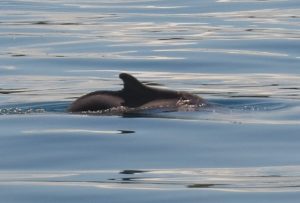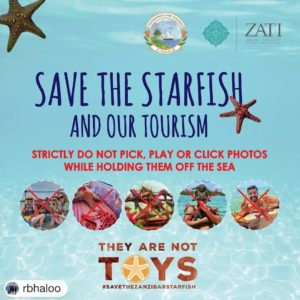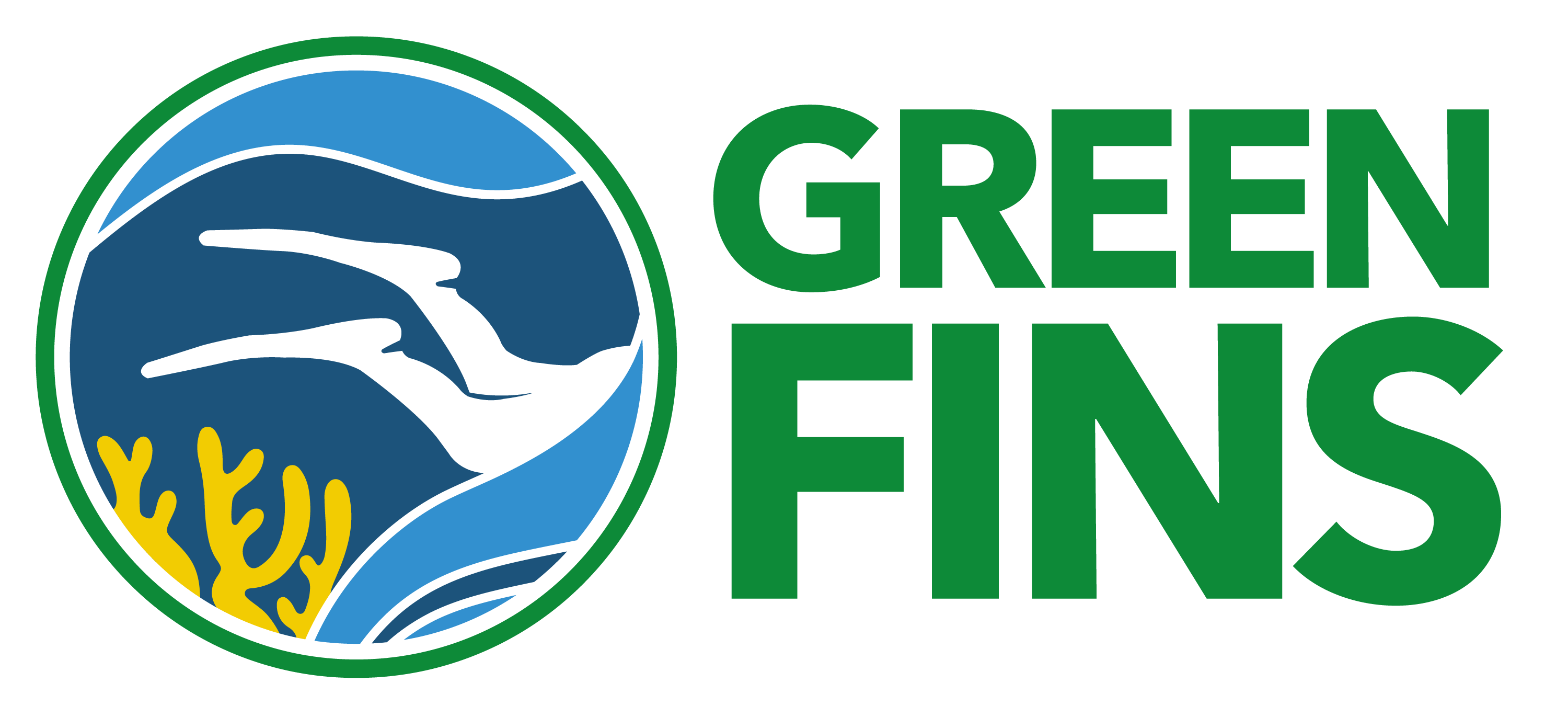Wildlife Watching Guidelines
Coexisting safely with wildlife
When we live in or visit a wildlife hotspot like Zanzibar, we have a responsibility to consider our impact on the natural world and take care to be safe – for ourselves, for other people and property, and for the wildlife and natural ecosystems themselves.
To help us be safe and appreciate wildlife responsibly, we should follow appropriate guidelines and codes of practice.
Some apply always, wherever we go. Others are specific to particular species, groups of animals or habitat.
Some codes of practice are strongly recommended, others are official rules we are legally required to observe.
Here, we share links and downloads of voluntary and legal guidelines and codes of conduct designed to keep us safe, and to protect nature, to help us enjoy our wild encounters safely.
Leave only footprints
Take only pictures

Government of Zanzibar: Official Guidelines for Dolphin Tourism in Zanzibar
These rules and guidelines for dolphin tourism were issued by the Government of Zanzibar, Department for Fisheries and Marine Resources, P.O. Box 744, Zanzibar. If you watch or swim with dolphins (or whales) please make sure your captain and crew are aware of, know and follow them.
Download the official leaflet in English or Swahili.
Guidelines for Dolphin Tourism Miongozo kwa Utalii wa Pomboo

Leave starfish in the sea
Zanzibar is blessed with fascinating diversity of beautiful starfish. These stunning animals are at great risk if taken out of the water: even short exposure to air can cause terminal harm. So please enjoy and photograph them where you find them, and do not remove them from the water. Even when stranded by the tide they seal water under their bodies to sustain them until the tide rises again.
Please also note that some species of starfish are equipped with toxic barbs which can deliver an extremely painful sting – and should not be handled.
 African Bird Club
African Bird Club
African Bird Club: Code of Practice for Birders
While the ABC advice is targeted for bird-watching, the principles apply to all wildlife.
“We recommend all our members and supporters should follow these five key principles wherever they are birding:
• The interests of the birds come first
• Show respect for habitats and the environment
• Show respect for local laws and customs
• Think about the interests of wildlife and local people before passing on news of a rare bird, especially during the breeding season
• Be a good ambassador for ABC when birding.”

Green Fins: Conservation Tools for Marine Tourism Operators
The Green Fins library of codes of practice, icons, and advice for marine tourism participants is a fantastic resource for all tourism operators in coastal areas, with sound scientific guidance on how to minimise our impact at every level of business.
“The Green Fins initiative aims to empower people like you to take simple actions to protect our oceans. Anyone can download, use and share all our sustainability tools and materials for free.”